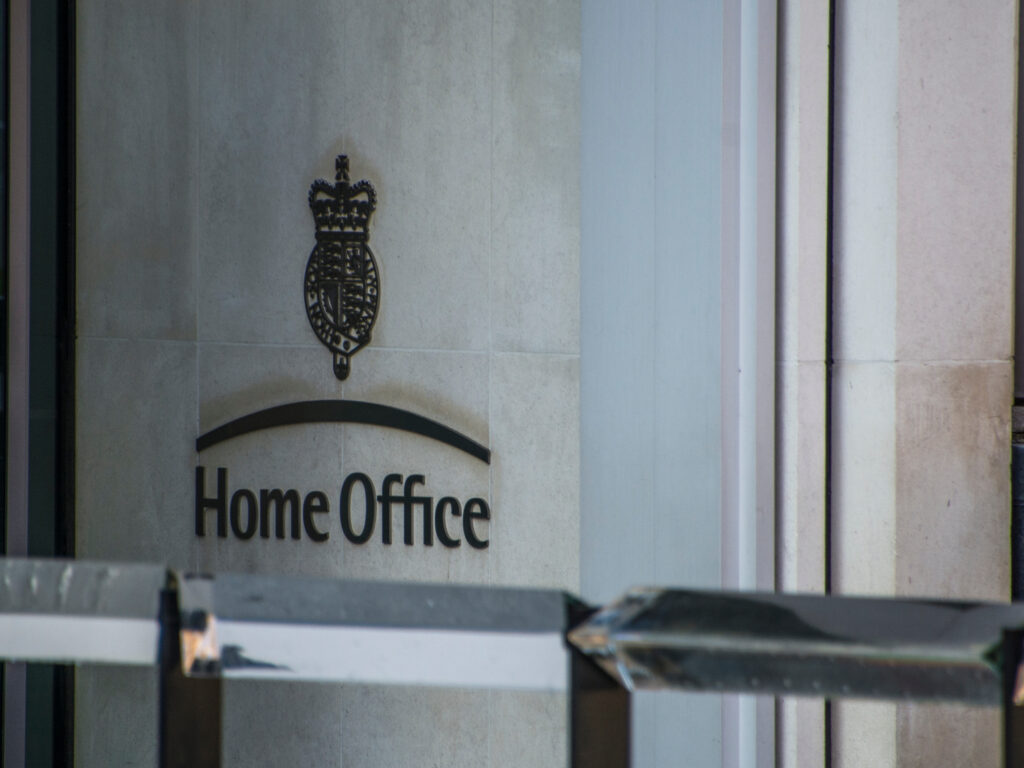
On 28 January, Home Secretary Priti Patel ordered the extradition of former Autonomy CEO Michael Lynch to the US to stand trial on charges of conspiracy, securities fraud and wire fraud in connection with the $11bn sale of the company to Hewlett Packard (‘HP’) in 2011.
The order followed HP’s win in civil proceedings against Mr. Lynch, which began in 2019. In its judgment, the High Court found that the Claimants relied on statements in revenue accounting material, and were induced to buy Autonomy for $11. bn. The court also dismissed Mr. Lynch’s $125m counterclaim against HP over what he said were a ‘series of false misleading and unfair public statements’ about the collapse in Autonomy’s value.
The Home Secretary recently applied to extend the time for a decision on Mr. Lynch’s extradition order (covered by Peters and Peters here), when it was argued that she ought to have been able to wait for the civil judgment. This argument was rejected by the High Court on 26 January 2022, and a 48 hour deadline was given for a final decision.
Mr. Lynch can appeal against the extradition order to the High Court, under section 103 of the Extradition Act 2003, and if unsuccessful, can seek permission to appeal to the Supreme Court on a point of law of general public importance, under section 114 of the EA 2003.
Lynch can also appeal the civil fraud decision to the Court of Appeal, and Judge Hildyard, giving her judgment in the civil case case, stated judgment that the period for an application to appeal should be extended until the ruling has been formally handed down.
Categories: United Kingdom, United States



Recent Comments